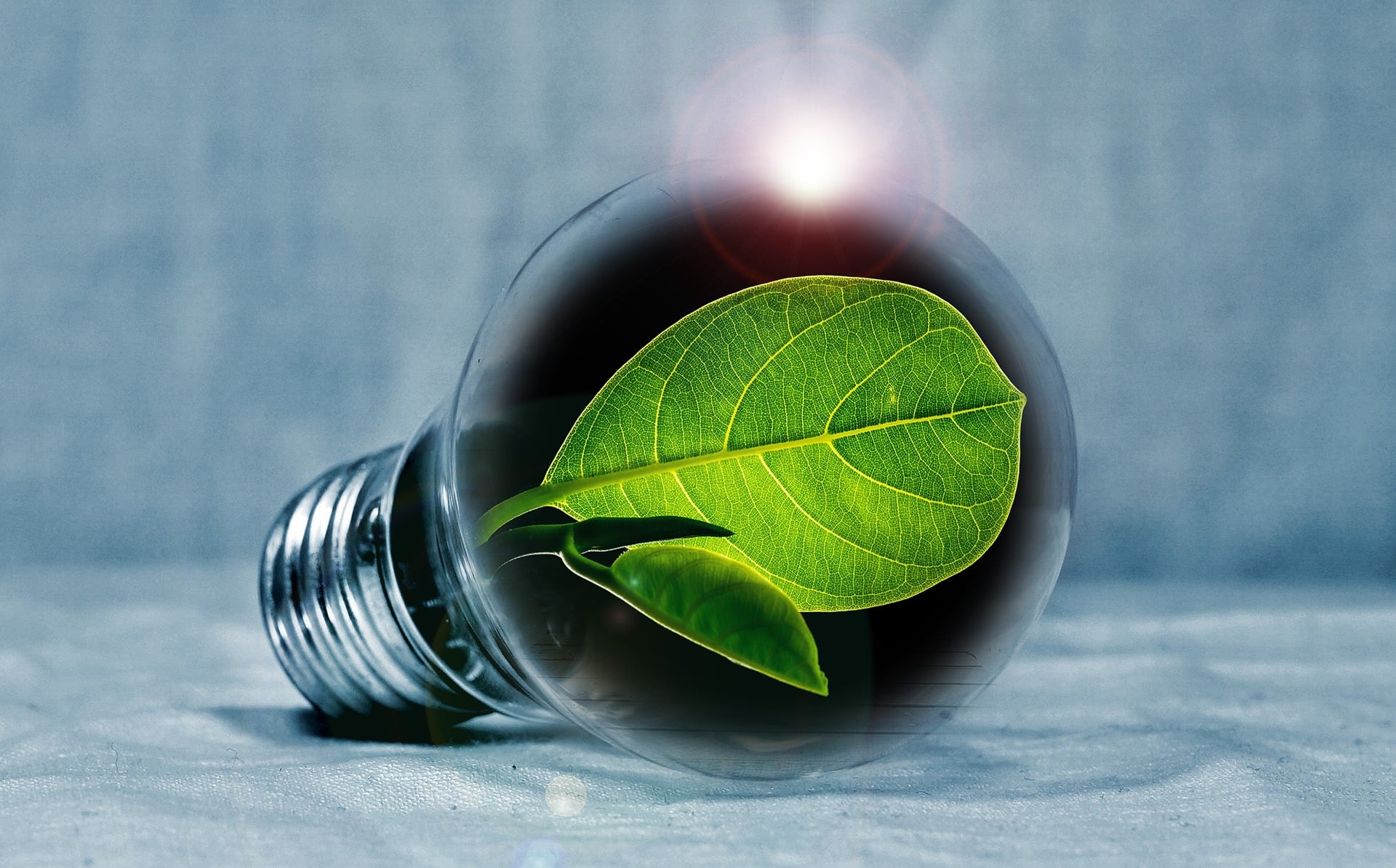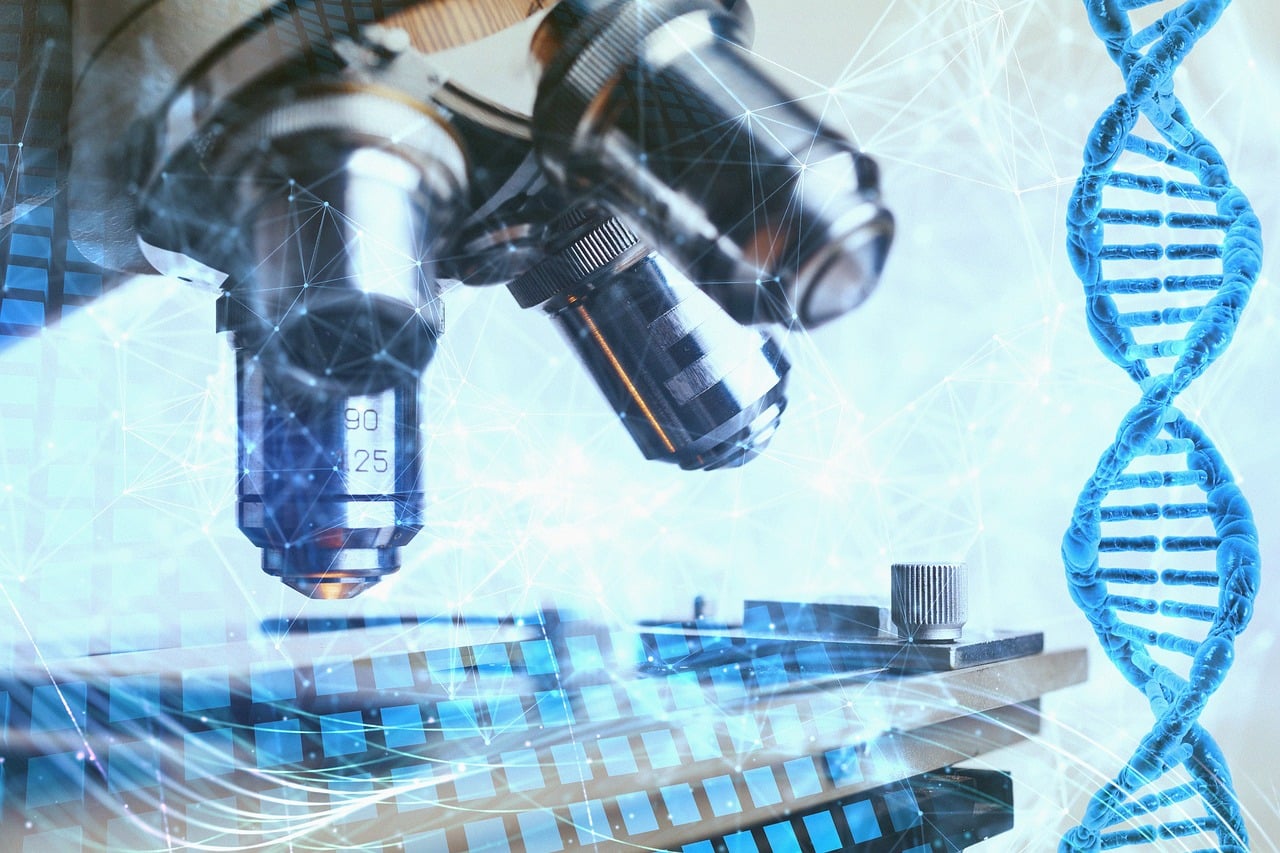Euroseeds acknowledges the European Commission’s comprehensive biotechnology strategy, recently unveiled to enhance food security and sustainability within the EU. The initiative, introduced just last week, outlines targeted actions aimed at reducing the EU’s external dependencies and improving environmental and health impacts, according to a press release. It underscores the potential of biotechnological innovations in fostering sustainability and competitiveness within the agri-food sector.
The release notes that a pivotal aspect of the strategy highlighted by the Commission is the simplification of regulatory pathways, including permitting and authorization processes. These steps are essential for unlocking the potential of biotechnology in agriculture and food production. Key among these efforts is the Commission’s recognition of the necessity to adopt a new Regulation on plants produced through certain novel genomic techniques.
“We very much welcome the EC biotechnology strategy and highly appreciate the positive recognition on the need of an NGTs Regulation, which would allow plant breeders and farmers to eventually have access to innovation, and modernized rules which will help to fulfil the potential of the latest plant breeding methods,” said Garlich von Essen, Euroseeds Secretary General.
To promote market access and encourage innovation, the European Commission (EC) has pledged to undertake various initiatives. These include simplifying regulatory frameworks and creating an EU Biotech Hub to assist companies in complying with regulations and expanding their operations. Additionally, the EC emphasized prioritizing the utilization of artificial intelligence (AI) and generative AI in biotechnology and biomanufacturing processes. This involves facilitating access to computing resources for startups and innovators developing AI tools.
“Biotechnology can help reduce the EU’s external dependencies including in the agri-food sector. It can also contribute to a better protection of health and the environment by, for example, reducing crop and food losses and enabling a more efficient and reduced use of natural resources and input materials (chemical synthetic pesticides or mineral fertilisers),” said Von Essen. “Furthermore, it also allows for feed and foodstuffs with improved environmental and health traits (e.g., with reduced saturated fats or allergens or with increased disease fighting nutrients). Innovation in biotechnology can be an important building block in the efforts to reduce the overall environmental footprint of agri-food production systems making them more resilient and supportive to reach the EU’s climate neutrality goal and to provide more sustainable and some healthier foodstuffs.”
Acknowledging the crucial role of private investments in advancing biotechnology, the EC is committed to identifying potential barriers and facilitating the consolidation of investment funds. Additionally, the EC advocates for integrating biotechnology into the European Innovation Council accelerator program.
Looking forward, the EC intends to review the EU Bioeconomy Strategy to address present and future challenges effectively. This includes strengthening the industrial aspect of the bioeconomy and promoting innovation, sustainability, and resilience within the EU’s agri-food sector.
The release states: The advances in life sciences and the potential of solutions based on biology to solve societal issues, make biotechnology and biomanufacturing one of the most promising technological areas of this century. They can help the EU to modernise its agriculture, forestry, energy, food and feed sectors and industry. We are very much looking forward how the Commission is going to proceed with its strategy and proposed actions maximizing the capabilities and impact of biotechnology to the benefit of society and the environment.












